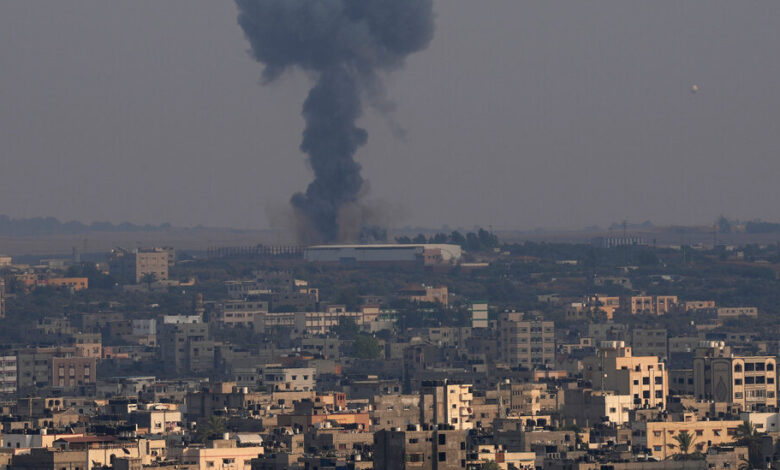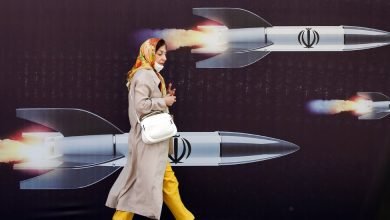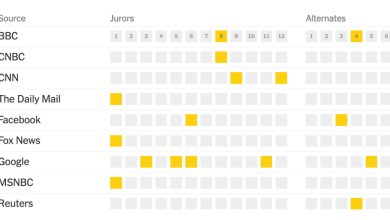Mediators make progress toward a cease-fire, diplomats say.

Egyptian mediators made progress on Sunday toward a cease-fire between Israel and Palestinian militants in Gaza, three officials briefed on negotiations said, raising hopes that the latest outbreak of hostilities might end by early Monday.
On Sunday evening, Arab media outlets carried statements from Islamic Jihad saying that the group had agreed to a truce, but there was no confirmation from either Israel or Egyptian mediators. Other Arab and Israeli media had previously reported that talks were stalled.
Israeli officials have signaled to mediators that they are ready to wind down their airstrikes after achieving key military objectives, including the killing of two leading military commanders from Islamic Jihad, Israel’s main opponent in this round of fighting, said two officials briefed on the talks. Both are Western diplomats who requested anonymity due to the sensitivity of the discussions.
Some of Islamic Jihad’s remaining leaders also feel they have little to gain through further fighting, the diplomats added, particularly given the calm in Jerusalem on Sunday despite calls by militants for Palestinians in the city to demonstrate at one of the city’s holiest sites.
A third official briefed on the mediation effort, who also requested anonymity for the same reason, confirmed it was gaining momentum but declined to comment on the motivations of the two sides. The Israeli military has also said it will stop firing if Islamic Jihad did so first. The Israeli prime minister’s office declined to comment, and an Islamic Jihad spokesman could not be immediately reached.
The main remaining obstacle to a cease-fire is a disagreement among Islamic Jihad’s remaining leadership about its timing, one of the Western diplomats said. Some hard-liners want the group to keep fighting for a few more days in order to inflict more damage on Israel and perhaps draw Hamas, the main militia in Gaza, into the conflict, the diplomat said.
Hamas, which seized control of the strip in 2007, often fights with Israel but is reluctant to join in the current round. The group is still rebuilding its arsenal and military infrastructure after a major war last year, and it does not want to jeopardize several economic concessions Israel made to Gaza afterward.
But the longer the current fighting continues, the greater the pressure grows on Hamas to offer military support to Islamic Jihad — a decision that would almost certainly extend the length and intensity of the conflict.
While negotiations continued on Sunday, the situation remained volatile. Palestinian militants continued to fire rockets, albeit at shorter range, aimed at Israeli territory along the edge of Gaza border. The Israeli military said it was continuing to hit Islamic Jihad rocket launching sites.
Egypt has often emerged as a key broker between Israelis and Palestinians, particularly during conflicts with militias in Gaza, such as Islamic Jihad, that have no direct relations with Israel.
As a southern neighbor to both Gaza and Israel, Egypt has a strategic interest in restoring calm to the territory. And as the first Arab country to seal a peace deal with Israel and as a major gateway for Palestinian trade and travel, it is also well placed to play mediator.





